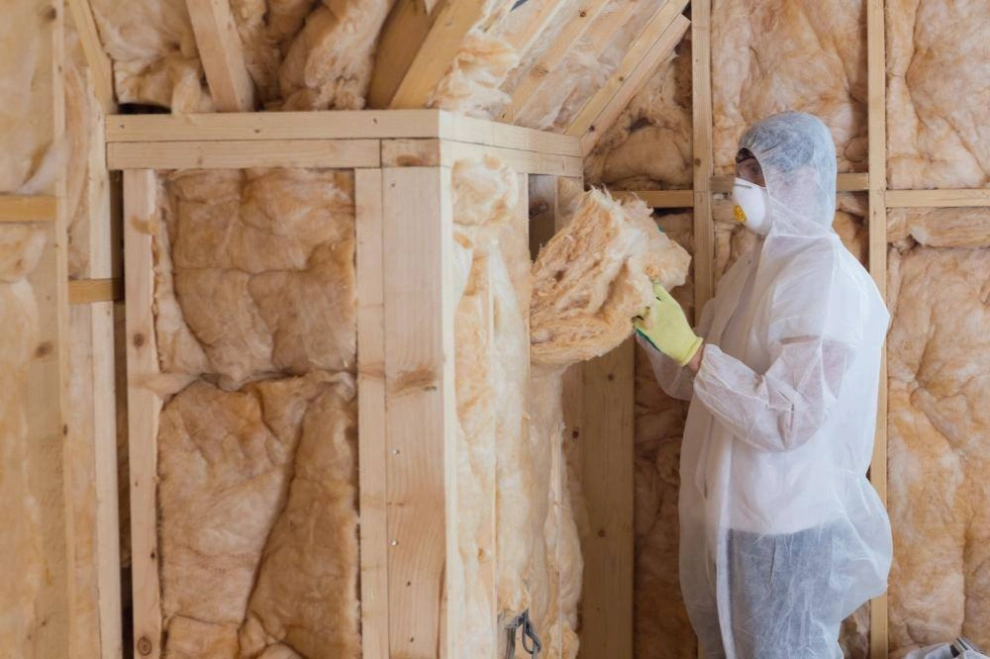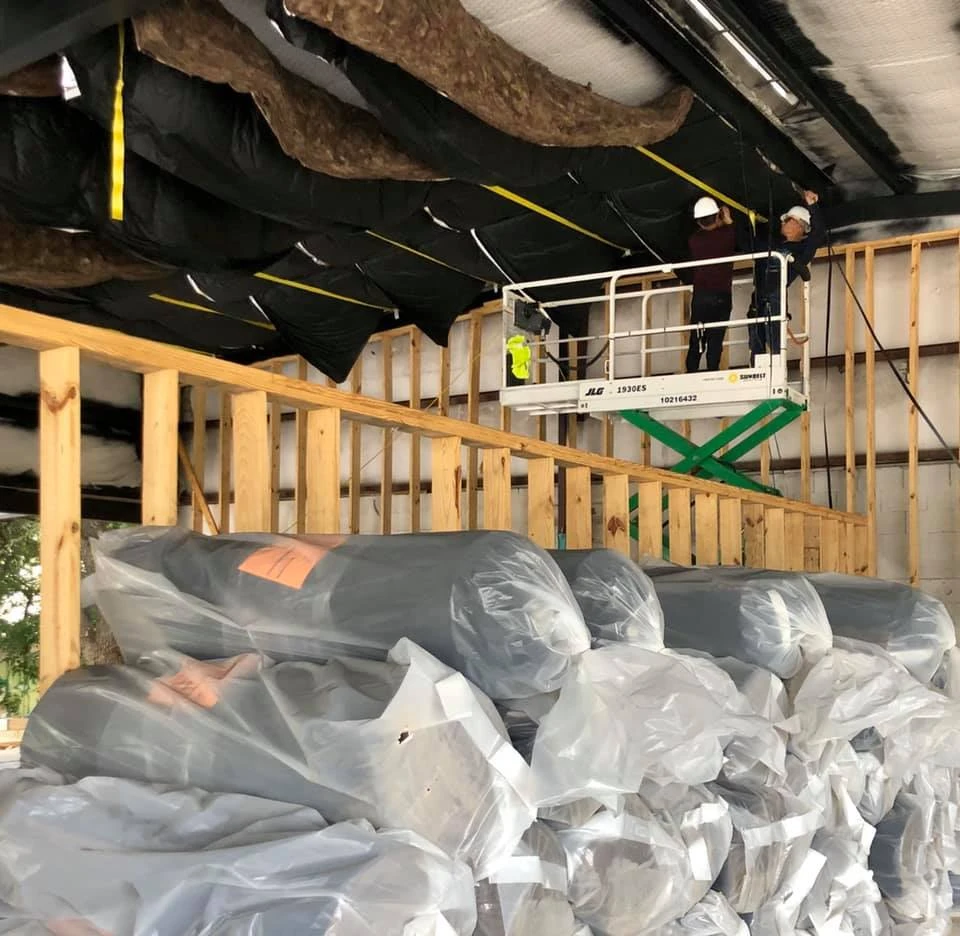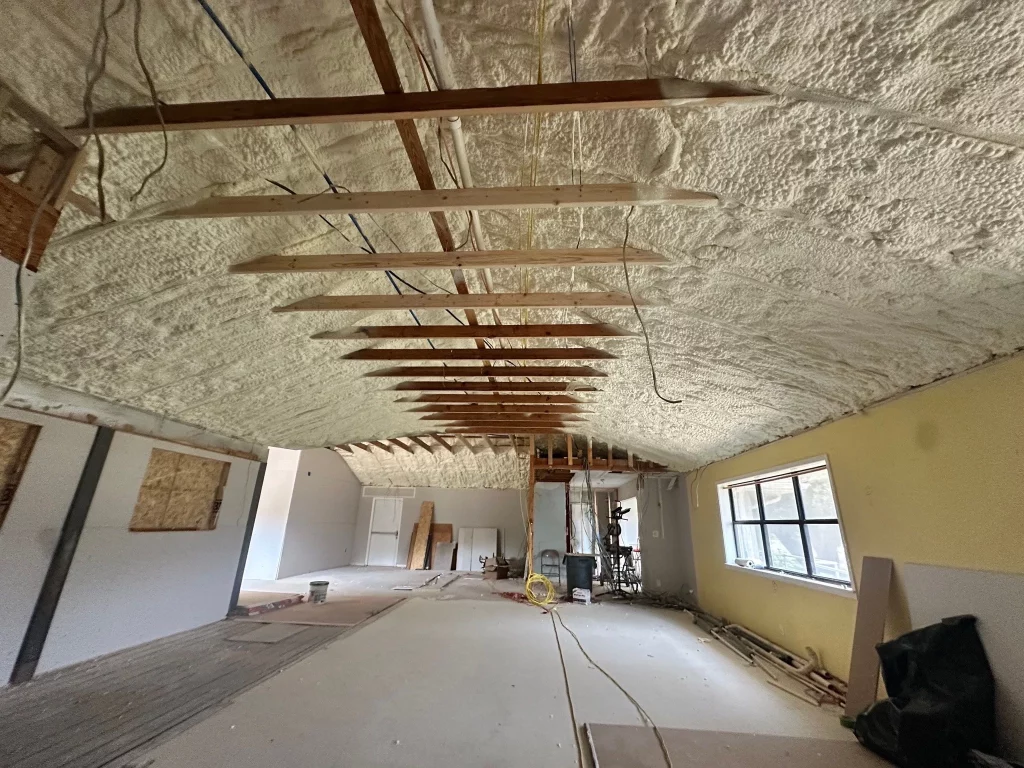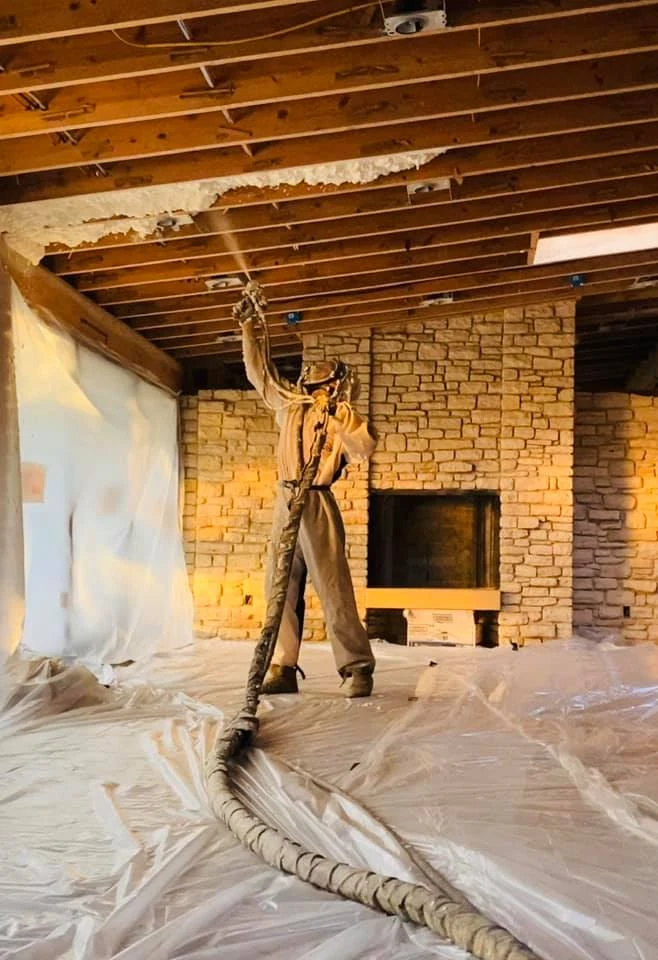Insulation upgrades in Killeen homes are crucial because of the region’s extreme temperature variations and high energy costs. Killeen experiences scorching summers with temperatures exceeding 100°F and occasional winter lows near freezing, creating substantial heating and cooling demands that inadequate insulation cannot handle efficiently. Proper insulation upgrades can reduce energy consumption by 15-50% while maintaining consistent indoor comfort throughout the year.
The combination of Killeen’s semi-arid climate, aging housing stock, and rising utility rates makes insulation improvements essential for homeowners seeking long-term energy savings and comfort. This comprehensive analysis examines the specific factors that make insulation upgrades particularly vital for Central Texas homes and provides practical guidance for maximizing their effectiveness.
Killeen’s Climate Demands Superior Insulation Performance
Central Texas weather patterns create unique challenges for home insulation systems. The region experiences temperature swings of 60-80 degrees between seasonal extremes, requiring insulation that performs effectively across a broad thermal range. Summer heat island effects in urban Killeen areas can push ambient temperatures 5-10 degrees higher than surrounding rural areas, intensifying cooling demands.
The area’s humidity levels fluctuate dramatically between dry winter months and moisture-heavy spring seasons. Quality insulation upgrades must address both thermal resistance and moisture management to prevent condensation issues that commonly affect older homes in the region.
Bonus Tip: Install vapor barriers on the warm side of insulation in Killeen homes to prevent moisture migration during humid periods while maintaining breathability during dry months.
Insulation Performance Specifications for Central Texas
| Insulation Type | R-Value Range | Moisture Resistance | Longevity | Best Application |
|---|---|---|---|---|
| Spray Foam (Closed Cell) | R-6.0-6.5/inch | Excellent | 30+ years | Attics, walls, crawlspaces |
| Spray Foam (Open Cell) | R-3.5-4.0/inch | Good | 25+ years | Interior walls, sound control |
| Cellulose | R-3.2-3.8/inch | Fair | 20-25 years | Attic floors, wall cavities |
| Fiberglass Batts | R-2.9-3.8/inch | Poor | 15-20 years | Standard wall framing |
Closed-cell spray foam insulation provides superior performance in Killeen’s challenging climate conditions due to its air sealing properties and moisture resistance. Open-cell alternatives offer cost-effective solutions for interior applications where extreme weather protection is less critical.
Regional Housing Factors Requiring Attention
Many Killeen homes were constructed during rapid development periods when insulation standards were minimal. Military housing and civilian developments from the 1970s-1990s often feature inadequate thermal barriers that fail to meet current energy efficiency expectations. Foundation systems common to the area, including pier-and-beam construction, create additional thermal bridging concerns.
Bonus Tip: Focus insulation upgrades on the building envelope’s weakest points first – typically attic spaces, crawlspaces, and exterior wall penetrations where air leakage is most severe.
Local soil conditions and foundation settlement patterns can create gaps in existing insulation over time. Regular inspection and upgrading help maintain thermal performance as homes age and settle.
Things to Consider Before Making a Decision
Evaluate current insulation condition through professional energy audits that identify specific problem areas. Thermal imaging reveals hidden air leaks and insulation gaps that visual inspection cannot detect. Understanding the existing system’s performance baseline helps prioritize upgrade investments for maximum impact.
Consider the home’s age, construction type, and planned occupancy duration when selecting insulation materials. Newer homes may need targeted improvements, while older properties often require comprehensive thermal envelope upgrades. Factor in local building codes and permit requirements for extensive modifications.
Assess compatibility between new insulation and existing HVAC systems. Improved thermal performance may require adjustments to heating and cooling equipment sizing or operation. Professional consultation ensures optimal integration between upgraded spray foam insulation and mechanical systems.
Bonus Tip: Schedule insulation upgrades during mild weather months (October-November or March-April) to minimize disruption to comfort systems and take advantage of contractor availability.
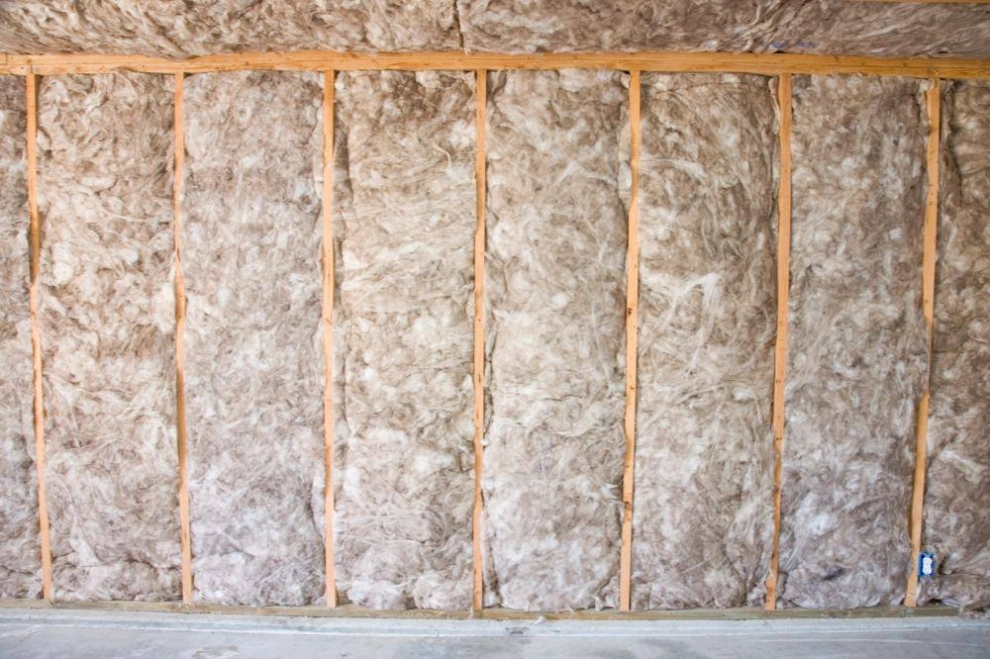
Stellrr’s Comprehensive Insulation Solutions
Stellrr provides specialized insulation services designed for Central Texas climate challenges:
- Attic Insulation – Complete thermal barrier upgrades using blown-in cellulose or spray foam systems that eliminate heat transfer through roof assemblies
- Spray Foam Insulation – Advanced closed-cell and open-cell applications that seal air leaks while providing superior thermal resistance
- Insulation Removal – Professional extraction of damaged or inadequate existing materials before installing high-performance replacements
- Crawlspace Insulation – Comprehensive moisture control and thermal protection for under-floor areas common in regional construction
Common Questions About Insulation Upgrades
How long do residential insulation projects in Killeen typically take?
Homeowners frequently ask about project timelines for comprehensive upgrades. Most residential insulation projects in Killeen complete within 1-3 days depending on home size and complexity. Weather delays are minimal during recommended installation seasons.
Will insulation installation disrupt my household?
Installation disruption concerns are common among families with young children or elderly residents. Professional installers minimize dust and debris through containment procedures and typically complete work in sections to maintain livable conditions throughout the process.
Is it worth investing in higher-grade insulation materials?
Material selection questions often focus on durability versus initial investment. Quality insulation materials provide decades of reliable performance, making higher-grade options more economical over time than budget alternatives that require frequent replacement or supplementation.
Professional Installation Considerations
Contact insulation specialists experienced with Central Texas construction patterns and climate requirements. Stellrr’s team understands regional building techniques and local code requirements that affect upgrade projects. Professional assessment identifies specific thermal performance needs unique to Killeen-area homes.
Discuss project scope, material options, and timeline expectations during initial consultations. Qualified contractors provide detailed proposals outlining work procedures, material specifications, and performance guarantees. Contact Stellrr at (512) 710-2839 or info@stellrr.com to schedule comprehensive insulation evaluations and upgrade consultations.
Key Questions About Killeen Insulation Projects
How long do insulation upgrades typically last in Central Texas climate?
Quality insulation materials properly installed maintain effectiveness for 20-30 years in regional conditions. Spray foam systems generally provide longest service life, while cellulose and fiberglass options may require periodic supplementation after 15-20 years depending on settling and moisture exposure.
What insulation problems are most common in older Killeen homes?
Inadequate attic insulation, air leakage around penetrations, and thermal bridging through structural components represent primary issues. Many homes built before 1990 have insufficient insulation depth and lack proper air sealing that current energy standards require.
Can insulation upgrades affect indoor air quality?
Properly installed insulation improves air quality by reducing drafts and moisture infiltration that contribute to dust and allergen circulation. Spray foam applications provide additional benefits by sealing gaps where outdoor pollutants typically enter living spaces.
How do insulation upgrades impact HVAC system performance?
Improved thermal efficiency reduces heating and cooling system runtime, extending equipment lifespan and reducing maintenance needs. Systems may require professional adjustment to optimize performance with upgraded building envelope characteristics.
What maintenance do upgraded insulation systems require?
Modern insulation materials require minimal maintenance beyond periodic visual inspection for damage or settling. Annual attic checks during routine home maintenance help identify any issues before they compromise thermal performance.


